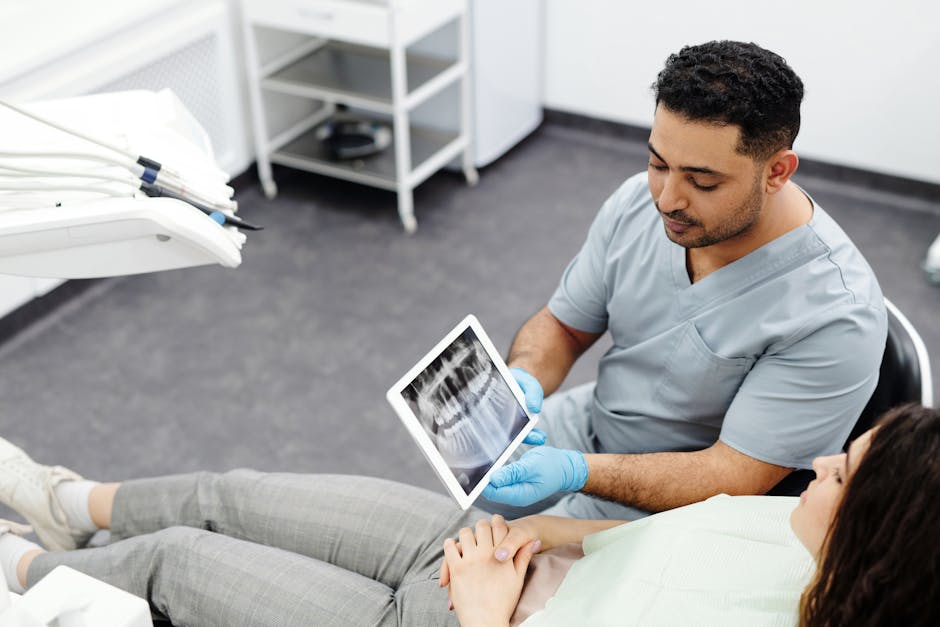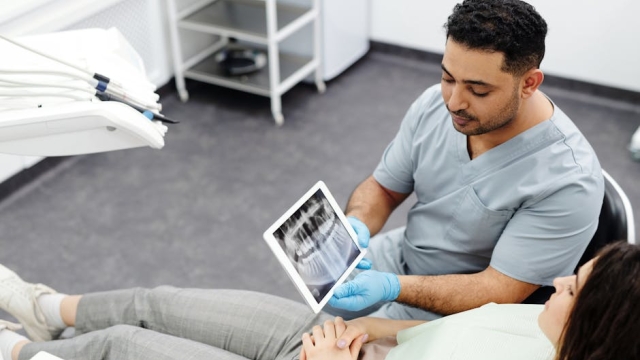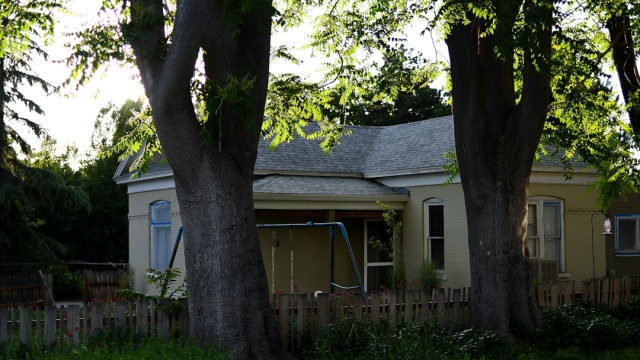
Dental emergencies can arise unexpectedly and often require immediate attention. emergency dental treatment is crucial for addressing urgent dental issues that can cause severe pain, discomfort, or complications if left untreated. Understanding what constitutes a dental emergency, recognizing the signs and symptoms, and knowing how to seek help are essential steps in managing these situations effectively. This article will guide you through common dental emergencies, how to find emergency services in your area, and what to expect during an emergency dental visit.
Common Dental Emergencies and Their Symptoms
Various dental issues can qualify as emergencies, and recognizing them is vital for timely treatment. Here are some of the most common dental emergencies:
Toothache
A severe toothache can indicate an underlying issue such as tooth decay or infection. Symptoms may include persistent pain, swelling around the gums, or sensitivity to hot or cold temperatures. If you experience a toothache, rinse your mouth with warm salt water and consider taking over-the-counter pain relief while seeking professional help.
Chipped or Broken Tooth
Accidents can lead to a chipped or broken tooth, which may expose sensitive areas and cause pain. If you chip a tooth, rinse your mouth and apply a cold compress to reduce swelling. It’s essential to see a dentist as soon as possible to assess the damage and determine the appropriate treatment.
Knocked-Out Tooth
When a tooth is completely knocked out, prompt action is critical. Handle the tooth by the crown (avoid touching the root), rinse it gently with water if dirty, and store it in a cup of milk or saline solution. Seek emergency dental treatment immediately, as there is a chance the tooth can be re-implanted if addressed quickly.
Abscessed Tooth
An abscess occurs when a pocket of pus forms around the tooth due to infection. Symptoms can include intense pain, swelling, fever, and foul-smelling discharge. This condition requires urgent care to prevent the spread of infection and is often treated with antibiotics and drainage.
Lost Filling or Crown
If a filling or crown comes loose or falls out, it can cause discomfort and increase the risk of further damage. Try to keep the area clean and avoid chewing on that side of your mouth. Schedule an appointment with your dentist to replace the lost material as soon as possible.
How to Find Emergency Dental Services in Your Area
Finding emergency dental services quickly can make a significant difference in the outcome of your situation. Here are some steps to help you locate a nearby provider:
- Online Search: Use search engines to find emergency dental clinics in your area. Look for reviews and ratings to gauge the quality of care.
- Ask for Recommendations: Friends, family, or your regular dentist may have suggestions for reputable emergency dental services.
- Check Local Directories: Many communities have directories or listings of healthcare providers, including dentists who offer emergency services.
- Insurance Provider: If you have dental insurance, check your provider’s website or call them for a list of covered emergency dental clinics.
It’s important to have a plan in place before an emergency arises. Knowing where to go can help you act quickly and effectively.
What to Expect During an Emergency Dental Visit
When you arrive for emergency dental treatment, the staff will typically conduct an initial assessment to evaluate your condition. Here’s what you can expect during your visit:
- Medical History Review: Be prepared to provide information about your medical history, current medications, and any allergies.
- X-rays: The dentist may take X-rays to get a clearer picture of the issue and determine the best course of action.
- Treatment Plan: Based on the assessment, the dentist will discuss possible treatment options, which may include fillings, crowns, root canals, or extractions.
- Aftercare Instructions: After treatment, the dentist will provide specific aftercare instructions to promote healing and prevent complications.
Emergency dental situations can be stressful, but understanding what to expect can help alleviate some anxiety. Always follow your dentist’s aftercare advice to ensure the best possible recovery.
Being prepared for a dental emergency can make a significant difference. Whether it’s a toothache, a broken tooth, or other urgent issues, knowing how to respond and where to seek help is essential for maintaining your oral health. If you require immediate assistance, consider visiting Dental Fix for reliable emergency dental treatment options.



